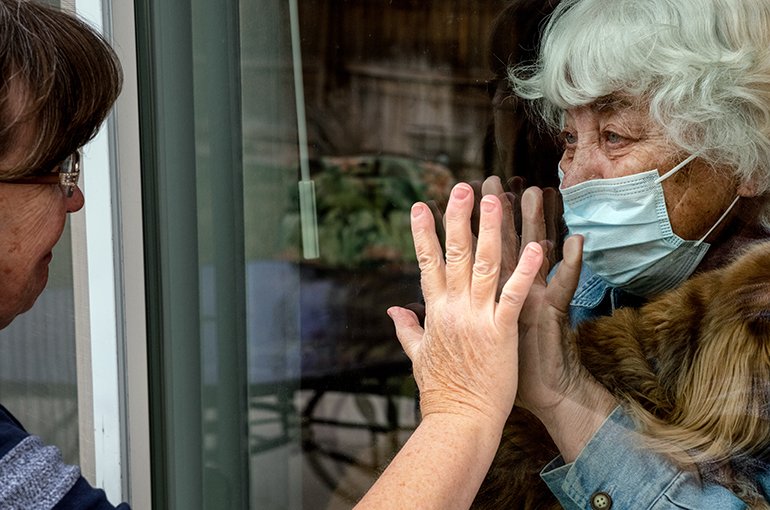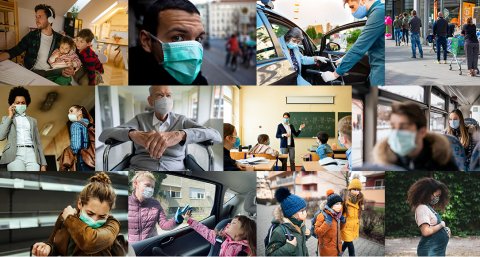A multi-university course on COVID-19 and global inequalities
A contribution by Dr Birte Böök

Contribution by: Dr Birte Böök (International and European Law) for the Gender, Diversity and COVID-19 platform. The platform offers a series of short blogposts in which we invite different Hub members and researchers to share their findings, insights and reading tips on issues of inclusion and exclusion related to the Corona crisis.
The impact of the COVID-19 crisis has been felt all over the world, as daily lives across the globe have been affected by lockdowns and other measures aimed at containing the virus.
However, not everyone has been impacted equally. In fact, preliminary data on the effects of COVID-19 reveal that existing inequalities have been intensified, with the impact of measures in response to the virus being disproportionately felt by those who are already disadvantaged on the basis of their sex, age, disability, race or ethnicity, or economic situation. Where for some people a lockdown means having to deal with the slight inconvenience of working from home, others have faced losing their jobs, being exposed to an increased risk of infection (front-line workers), being locked up with their abuser, or being unable to access important healthcare services (e.g. abortion).
Exploring the global impact of the COVID-19 pandemic
The Gender and Diversity Hub at Utrecht University has collaborated with the Berkeley Center on Comparative Equality and Anti-Discrimination Law and the Netherlands School of Gender Studies to provide a course which looks into these effect of the global crisis on specific groups of society. The course is offered simultaneously at various law schools across the world including Argentina, Brazil, Colombia, France, Italy, Malaysia, the Netherlands, South Africa, the United Kingdom and the United States. It explores the global impact of the COVID-19 pandemic on members of disadvantaged communities through the lens of equality law.
It takes place once a week for 110 minutes and discusses theories and sources of equality, as well as the effect of COVID-19 in relation to domestic violence, incarceration, low wage workers, migrants, disability, age, sexual orientation, indigenous people, gender, race, intersectionality and poverty. The teaching staff comprises academics from various partaking universities around the world, including Utrecht University. Several lecturers from Utrecht University from different disciplines are also involved in the classes, in particular by offering guidance and expertise to students during meetings in small groups. Blog posts on the subjects discussed within the course written by some of the students taking part will be published on the Gender and Diversity Hub’s website.
Building an intersectional response
As becomes clear to anyone following the course, or even the news more broadly speaking, the COVID-19 crisis is exacerbating global inequalities, and these inequalities need to be effectively addressed through an intersectional and interdisciplinary response to the problems it causes. To contribute to this and further increase global collaboration between academics and practitioners working on matters of equality, a COVID-19 network of experts in equality is currently being developed under the auspices of the Berkeley Center on Comparative Equality and Anti-Discrimination Law.
In case you are interested in hearing more about this collaboration, do not hesitate to contact the Hub by sending an email to genderanddiversityhub@uu.nl.
See also
A longer article of this blogpost appeared in Pandora, page 30.
The blogposts by the Berkeley Center on Comparative Equality & Anti-Discrimination Law, written by activists, advocates and academics from multiple disciplines committed to the study and enforcement of anti-discrimination law.


